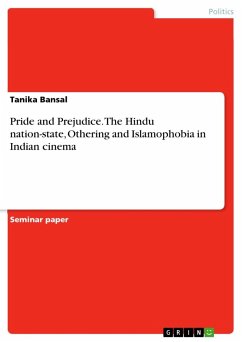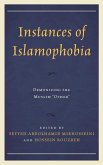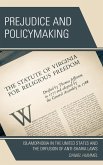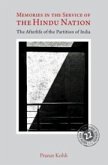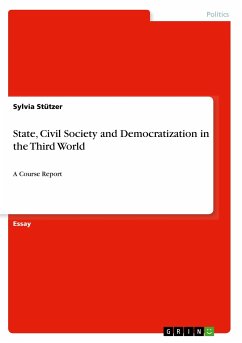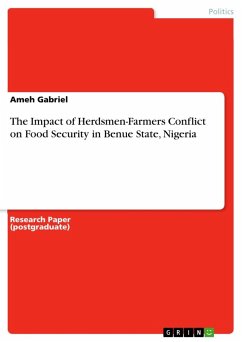Seminar paper from the year 2018 in the subject Politics - Region: South Asia, grade: 4.17, S. Rajaratnam School of International Studies,Nanyang Technological University (S. Rajaratnam School of International Studies), course: International Relations, language: English, abstract: This paper seeks to illustrate how popular cinema has dealt with the liminality of the Muslim "Other" in the nation-space by representing Muslims either in a stereotypical manner or by appropriating them into the normative Hindu self especially post 1990s, displaying sentiments of "nationalistic supremacy". The key word here being "nationalistic or nationalism" - a political ideology characterised by the promotion of the interest of a nation-state, especially with the aim of gaining and maintaining sovereignty over "home-land"; and rejecting or 'othering' ideologies. The rejection of the 'othering' ideology refers to Islamophobia, which becomes another recurring theme in this essay.Cinema, similar to its contemporary mediums, has acted as a capacious cultural space for politicians, reactionary ideologues, and the defenders of a particular social belief system to reconstruct and reinterpret the archaeologies of the imaginary world built on celluloid, in a manner that suits their own agenda. In the process of such reconstruction, cinema is used to establish linkages between the publicly contested socio-political and historical meanings prevalent in a nation and the filmic world created by cinematography.
Bitte wählen Sie Ihr Anliegen aus.
Rechnungen
Retourenschein anfordern
Bestellstatus
Storno

